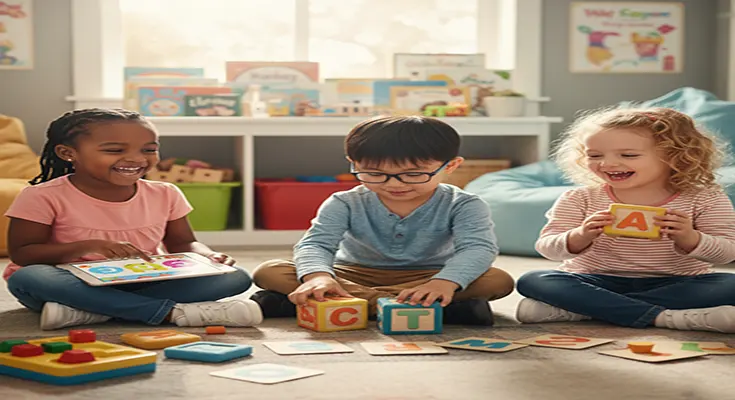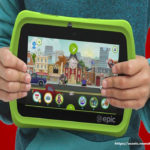Five years old is a pivotal age where children’s cognitive abilities, including the foundations for literacy, rapidly develop. At this stage, learning should be engaging and fun, and educational learning games are a fantastic way to introduce and solidify early reading skills. These games leverage a child’s natural inclination to play, making the process of learning to read feel like an exciting adventure, not a chore.
Why Games Work for Early Reading
The structure of educational games is perfectly suited for young learners:
- Motivation: Games provide immediate feedback and rewards (like sounds, animations, or virtual stickers), which keep children motivated and eager to continue.
- Repetition with Variation: They naturally incorporate the necessary repetition for skill mastery (like hearing the ‘s’ sound repeatedly) but present it in different contexts and activities, preventing boredom.
- Active Learning: Unlike passive learning like watching a video, games require the child to actively participate, make decisions, and manipulate elements, leading to deeper understanding and retention.
Key Skills Covered by Reading Games
Effective reading games for 5-year-olds focus on the essential building blocks of literacy:
1. Phonological Awareness
This is the ability to hear, identify, and manipulate individual sounds (phonemes) in spoken words. Games targeting this skill might involve:
- Rhyming: Identifying which words rhyme (e.g., cat and hat).
- Alliteration: Noticing the same starting sound in a sequence of words (e.g., Sammy sells seashells).
- Segmentation: Breaking a word into its individual sounds (e.g., identifying that /c/ /a/ /t/ makes cat).
2. Phonics
Phonics connects the sounds (phonemes) to the letters (graphemes) that represent them. This is the core skill for decoding words. Games in this area often feature:
- Letter-Sound Association: Matching a letter’s shape to its corresponding sound.
- Blending: Putting sounds together to form a word (e.g., dragging the letters ‘d-o-g’ together to hear and see the word dog).
- Sight Words: Memorizing common words that don’t always follow standard phonetic rules (e.g., the, is, said).
3. Vocabulary and Comprehension
While decoding is important, understanding what’s read is the ultimate goal. Good games expand a child’s vocabulary and introduce simple concepts of reading comprehension:
- Word-Picture Matching: Linking a decoded word to a corresponding image.
- Following Simple Instructions: Reading a short phrase and then performing the action in the game.
What to Look for in a Reading Game
When selecting a game, consider these criteria:
| Feature | Importance for 5-Year-Olds |
| Simple Interface | Minimal distractions, large buttons, and clear instructions so they can play independently. |
| Adaptive Learning | The game should adjust its difficulty based on the child’s performance—slowing down if they struggle or advancing if they succeed. |
| High Quality Audio | Clear, correct pronunciation of letters and sounds is crucial for accurate learning. |
| Engaging Content | Appealing characters, colorful graphics, and a fun story or goal to keep them invested. |
| Parental Controls/Progress Tracking | Tools that allow parents to monitor skill development and time spent on the app. |
Integrating Games into the Learning Routine
Educational games shouldn’t replace traditional reading time with a parent but should complement it.
- Set Time Limits: Keep sessions short (10-15 minutes) to prevent screen fatigue and maintain focus.
- Talk About the Game: Ask your child what they learned. “What sound did the letter ‘A’ make in that game?” This helps transition the skills from the digital screen to the real world.
- Use Games to Reinforce Difficult Concepts: If your child is struggling with short ‘i’ sounds, find a game that focuses specifically on vowel sounds to practice that area.
By strategically using educational learning games for 5-year-olds to learn to read, parents and educators can harness the power of play to unlock the door to literacy, setting a strong foundation for future academic success.











